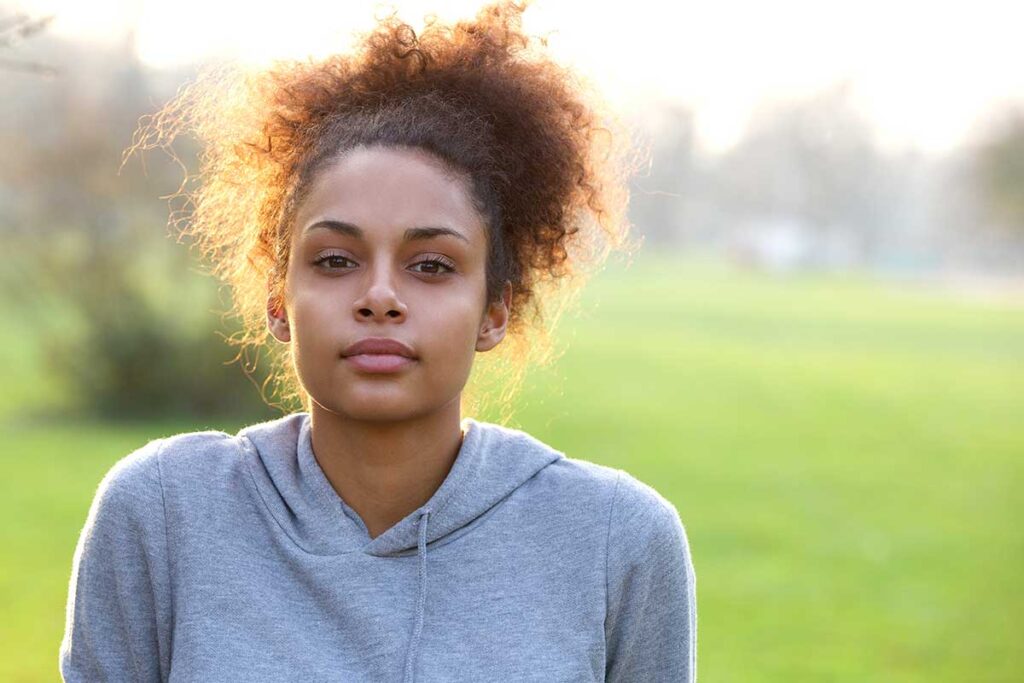Depression affects millions of lives throughout the U.S., including Tennessee. You or someone you love has likely experienced it in their lifetime. It can cause a person to feel sad and hopeless and have a significant impact on their work, school, or personal lives. If you have experienced symptoms, it is a good idea to know more about depression. Learning the difference between dysthymia vs. major depression can help you better understand these disorders and determine when it’s time to seek depression treatment near Nashville or elsewhere.
Living With Depression
Depression is characterized by long periods of feeling sad or hopeless and losing interest in favorite activities. Children, teens, and adults can experience minor symptoms that last a few days or weeks. Some may have severe symptoms that cause them to stay in bed all day and can last for months at a time.
Common symptoms of depression include:
- Feelings of guilt, worthlessness, and helplessness
- Trouble concentrating and remembering details
- Insomnia or hyposomnia
- Restlessness
- A loss of interest in pleasurable activities
- Overeating or loss of appetite
- Headaches
- Muscle aches and pains
- Stomach pain
- Suicidal thoughts or attempts
How to Cope with Depression
While there is no cure for depression, behavioral therapy can help teach you how to manage your symptoms and triggers through healthy coping skills. In addition to attending therapy, there are several things that you can do at home to improve your chances of living with depression.
Some tips for living with depression include:
- Join a gym or weekend workout group to get plenty of exercise each week.
- Learn how to shop and prepare healthy meals that include dark leafy greens, lean protein, healthy fats, and plenty of vitamins and minerals.
- Stay socially active or join a social group with regular outings and events.
- Practice meditation, yoga, and mindfulness.
- Keep a daily journal.
- Attend therapy.
A depression treatment program that includes behavioral therapy and medication-assisted treatment can give you a whole-person recovery experience and help you lead a mentally healthy lifestyle.
Dysthymia vs. Major Depression
The two types of depressive disorders we will focus on are dysthymia vs. major depression. While they may share some of the same symptoms, there are some key differences that you should be aware of.
Dysthymia
Patients who experience mild but chronic depression symptoms are diagnosed with dysthymia. It is for those who experience persistent, low-level depression symptoms for a long time. It is a form of low-grade depression that can last for two years or more. Symptoms of dysthymia disorder include persistent low mood, fatigue, and difficulty concentrating.
Major Depression
If you experience more severe symptoms of depression, you may have a major depressive disorder (MDD). With this type of depression, you will experience more severe symptoms that occur in distinct episodes with the potential of being symptom-free for several weeks to months. Symptoms include deep sadness, a loss of interest in activities, significant sleep disturbances, and thoughts of suicide. Major depression episodes can last for several months at a time.
Individuals with dysthymia can also experience major depressive disorder, which is known as double depression. Treatment for depression is more than possible by participating in behavioral therapy. Cognitive-behavioral therapy, dialectical behavior therapy, and acceptance and commitment therapy can all help treat symptoms of depression and teach you healthy ways to manage symptoms and lead a healthy lifestyle.
Reach Out to The Ranch Today for Depression Treatment Near Nashville
The Ranch welcomes Tennessee residents who are depressed and want help in managing their depression symptoms before they escalate and worsen. Our team has experience treating all types of depression, from dysthymic disorder to persistent and major depression. We will create an effective recovery experience that teaches you how to recognize triggers and the behaviors they create.
If you or a loved one is struggling with depression, please fill out our online form or call 1.844.876.7680 today to schedule a consultation.

